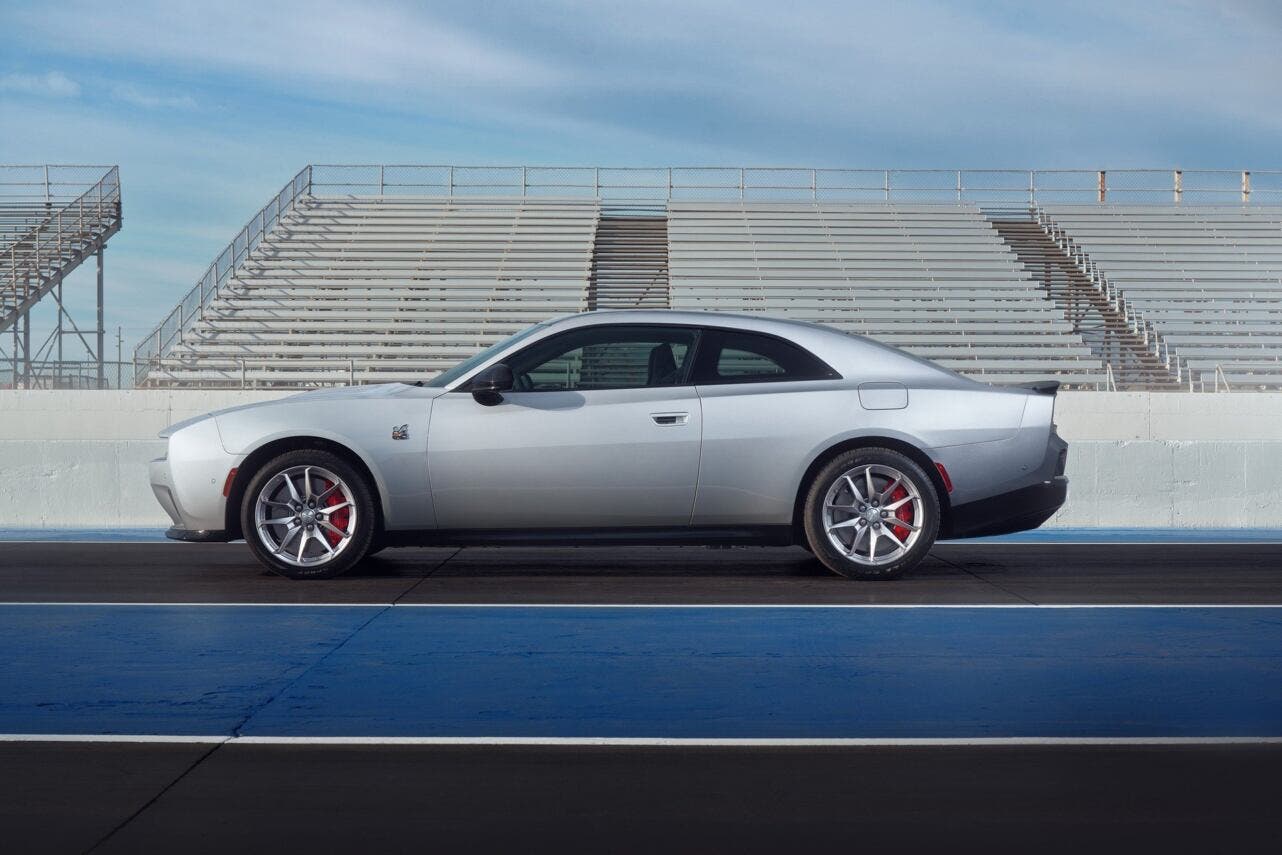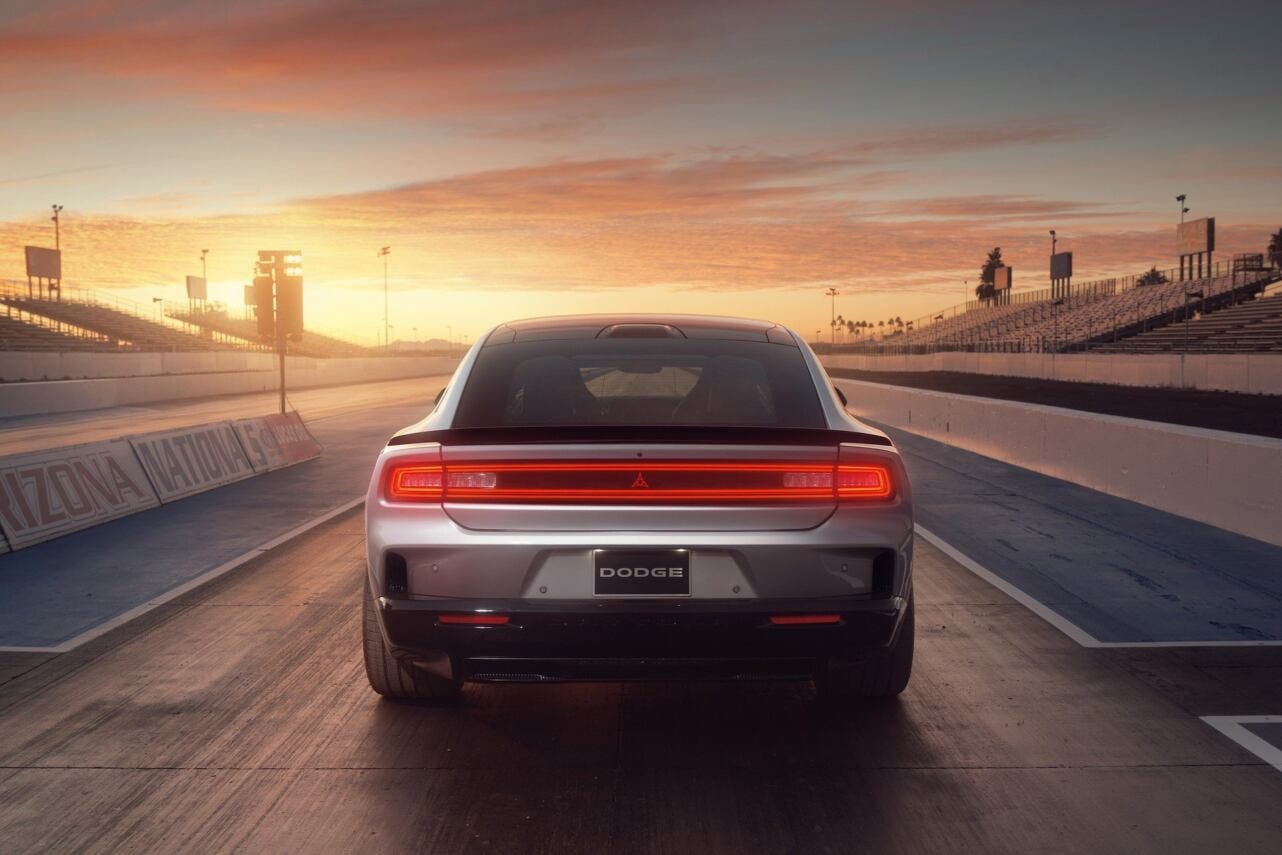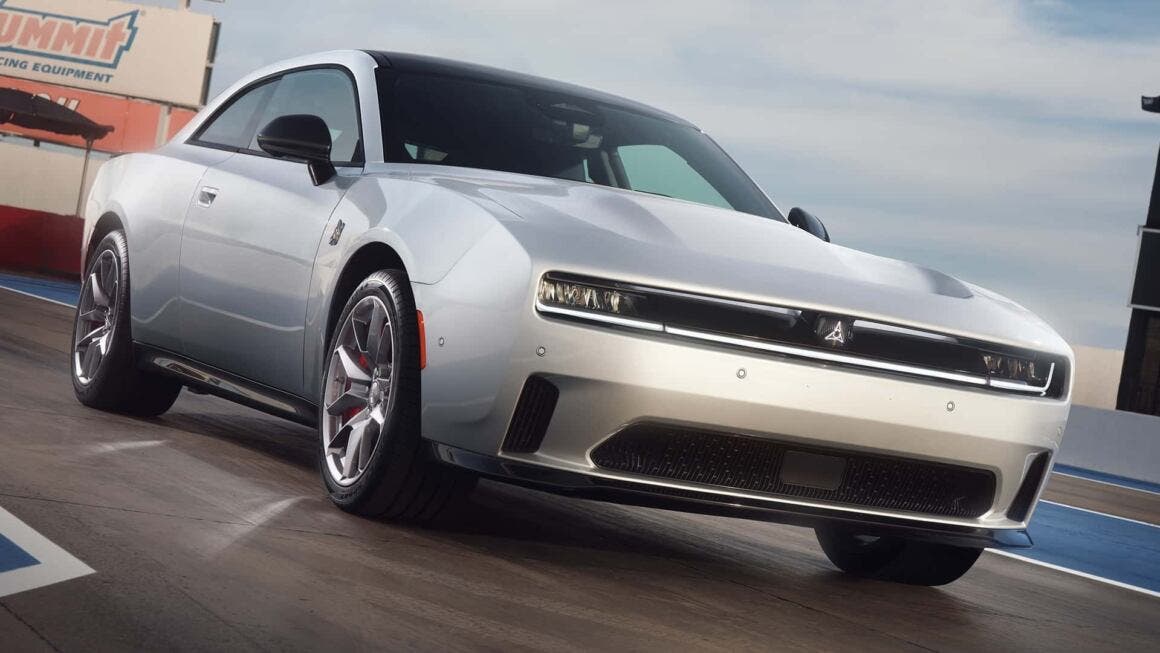The automotive industry is facing many challenges, especially those related to the transition to electric vehicles. Many manufacturers are integrating more and more electric vehicles into their ranges to meet climate needs and increasingly stringent laws. Among these, Dodge, known mainly for its powerful HEMI engines and muscle cars, is about to embark on this journey with its Charger Daytona. This is the world’s first electric muscle car, so other car manufacturers may evaluate whether to offer similar models based on this. Moreover, Dodge will also have to face the challenge related to the current state of the electric vehicle market, which is increasingly declining.
Dodge Charger Daytona: is offering electric versions of the muscle car the right choice?

Despite high initial interest for EV, it has been waning in North America and globally. Inflation and high interest rates have made consumers more cautious about purchasing very expensive products, including cars. Taking another example, Jeep, which had initially decided to offer only electric vehicles on the market, recently stated that these vehicles will also be accompanied by versions with internal combustion engines to avoid losing significant market shares.
The transition to electric propulsion could significantly increase the prices of the different versions of the Dodge Charger Daytona. Although official prices have not yet been revealed, rumors suggest that the prices of the electric versions will be over $15,000 higher than their 2023 internal combustion engine counterparts. For many Dodge enthusiasts, this increase is quite worrying. Moreover, this price increase could cause low demand for these vehicles, with Dodge already struggling to find buyers, with the Hornet being among the slowest-selling vehicles in the United States. Furthermore, electric vehicles are those that depreciate the fastest, and this could result in a significant loss of value for buyers.
Among other things, the most important challenges are not only about price. According to some recent surveys, Americans still prefer cars with internal combustion engines rather than electric cars, even if the latter were to have the same price as the traditional engine counterpart. Concerns include range anxiety, inefficient charging infrastructure, and accessibility. Many drivers fear being stranded during a trip due to insufficient vehicle range.

In the case of the Charger Daytona R/T, the range is 317 miles (510 km), while the Scat Pack offers 260 miles (418 km). However, many prefer the ICE engine model, arriving in early 2025, over the fully electric Daytona. Only time will tell if this move will have been a gamble on Dodge’s part and if the electric version will manage to sell more than the traditional engine version arriving in 2025.

